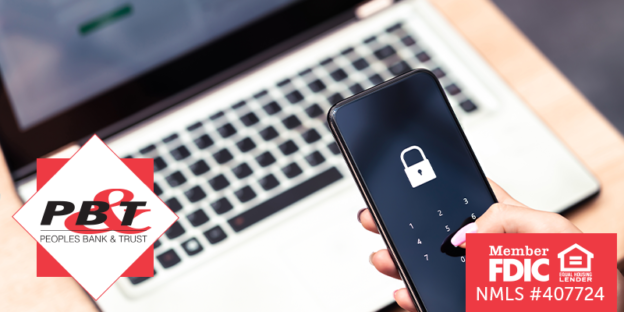Staying Safe Online
In the digital age, banking has never been more convenient. But with this convenience comes a new wave of cyber threats that can catch even the savviest of us off guard. Online banking scams are on the rise, and it’s crucial to stay one step ahead. Let’s dive into the murky waters of digital deception and learn how to keep your finances secure.
The Latest Online Banking Scams
Scammers are constantly finding new ways to trick us. Here are some of the latest and most common tactics we’ve seen:
- Investment Scams: These scams top the list with reported losses in the billions, where fraudsters lure victims with promises of high returns on investments.
- Impersonation Scams: Scammers impersonate business or government officials to steal money or personal information, often using intimidation tactics.
- Payment Method Scams: Fraudsters prefer bank transfers and cryptocurrency for scam payments, leading to significant losses for victims. They will even use peer-to-peer payment apps like Zelle.
- Social Media Scams: A large portion of scams originate on social media platforms, with scammers using fake profiles or ads to deceive users. In fact, the Better Business Bureau (BBB) 2022 Online Scams Report found that many people commonly found themselves the victims of a scam after trying to buy a puppy online. This was due to scammers purchasing ads for their fake e-commerce websites for social media. Around 44% of social media scams from January to June of 2023 were connected to online shopping.
- AI-Powered Scams: Artificial intelligence is being used to create convincing phishing messages and deepfakes, making scams more believable.
- Student Loan Forgiveness Scams: Scammers exploit the confusion around student loan forgiveness programs to trick victims into paying fake fees or sharing personal information.
- Phone Scams: Including robocalls and impersonators, phone scams use smartphones’ capabilities to install malware or extract personal data.
- Job Scams: Offering fake employment opportunities, scammers may ask for personal information or payment to “secure” a job.
- Money-Making Opportunity Scams: Victims are enticed with the prospect of easy money, only to find themselves defrauded.
- Prize and Grant Scams: Scammers promise fake prizes or grants, requesting payment or personal details to claim the supposed reward.
Recognizing the Red Flags
So, how can you spot these scams? Here are some telltale signs:
- Urgency: Scammers often create a sense of urgency, pressuring you to act quickly.
- Unsolicited contact: Be wary of unexpected calls, emails, or texts asking for personal information.
- Suspicious links: Hover over links to see where they really lead before clicking.
- Requests for sensitive information: Your bank will never ask for your password or PIN via email or text.
Avoiding the Traps
Here are some practical steps to protect yourself:
- Secure your devices: Use reputable antivirus software and keep it updated.
- Be skeptical: If something feels off, trust your instincts and verify through official channels.
- Strong passwords: Create complex passwords and change them regularly.
- Monitor your accounts: Regularly check your bank statements for any unauthorized transactions.
We’re Your Shield Against Scams
At Peoples Bank and Trust, we’re committed to your financial safety. Our security measures and vigilant fraud monitoring are like a digital fortress around your finances. We’re here to educate and empower you, so you can bank online with confidence. Remember, if you ever have doubts about the legitimacy of a communication, reach out to us directly. Your peace of mind is our top priority.
Stay informed, stay skeptical, and stay safe. With the right knowledge and tools, you can protect yourself from the digital deceivers looking to disrupt your financial harmony.



